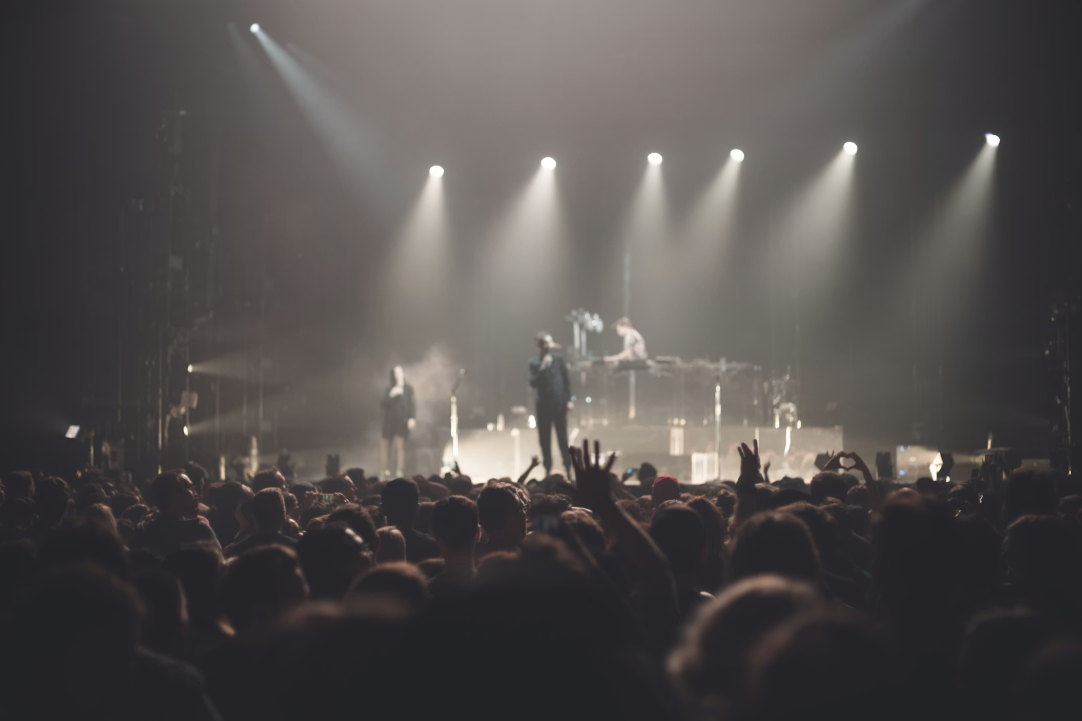by Olly Hearn
ÔÿàÔÿàÔÿàÔÿàÔÿå
The term ÔÇÿFeminism’ gets thrown around a lot these days, and people who identify as a feminist are all too often met with prejudices of trouble making and self-righteousness. By its very nature, the feminist movement is controversial; as any other political or cultural movement, it aims to disrupt and recalibrate the status quo, which those that are ÔÇÿcontent’ are predisposed to fear. This contempt for today’s feminists I believe comes from a lack of understanding; of the subjugation of women in turn-of-the-century Britain, of how much our society has changed since then, and an ability to identify traditions that have yet to be changed.
Rhondda Rips it Up! has not been designed to give a detailed account of the suffrage of women during this time – in fact, it mocks the luxuriance and frivolity of being a woman of the higher classes, those very women who were the leaders and most active suffragettes. The seriousness of the need for change is made clear in this production, however, in a manner reminiscent of the revolution in Les Mis├®rable. The purpose of this ÔÇÿOpera Cabaret’ is to commemorate those that gained women the vote back in 1918. It is a truthful biography of Lady Rhondda; her fortitude and stalwartness as a freedom fighter, but also her privilege and influence as a member of the establishment.
The format of the narrative is not unlike that of Cabaret; comical and jovial sections playing facade to an underlying threat. Lots of the humour of Rhondda derives from a depiction of extreme patriarchy: innuendo-rich songs; sexist men holding all the power but made out to be buffoons; women depicted as innocent but incapable and spoilt; women comically playing inanimate objects – the butt of every joke is women and their position in that society, and it never failed to get a laugh. This representation of the sexism and injustice the suffragettes fought, through a discourse of subtext and inference, struck me as an artistic commentary on the existence of sexism in our society now – not the blatant and aggressive form as in that time, but the passive, unspoken, perhaps even subconscious form that we see today.
These comical scenes are often violently juxtaposed by tragedy or landmark events in history: a dinner party where the ladies sing about fondant fancies and read uncouth books is interrupted by the death of Emily Davison at the 1913 Derby; the sinking of the Lusitania and Lady Rhondda near-death experience follows a lighthearted ditty about a mans favourite pet (his wife’s pussy). These extreme changes in tone emphasised the revolutionary aspect of the movement; these were battles, some they lost and some they won, but the war was ongoing.
The musical style is very well thought through; I can but applaud Elena Langer and Emma Jenkins’ teamwork as composer and librettist. The private music scene of the 19th-20th century seems to have been a big influence on the musical approach, and quite rightly so as this scene was vastly dominated by (unfortunately under-appreciated) women – Ethel Smyth, Rebecca Clarke, Maude Valerie White just to name a few! The approach to harmony and tonality were at times appropriately raised or subdued; for example, the great marching anthems a rally cries were less complex musically speaking, such that they were easily picked up and the audience were able to sing along. Conversely, when in times of recitative or times of tension the music becomes far more ambiguous and unsettling. Operatic traditions and 20th-century developments added depth to the characters, showing how women were more capable than the men thought they were: most of the male songs were simple strophic songs – an old operatic trait for ÔÇÿsimpler’ characters where its just a repeated verse with an uncomplicated melody, harmony or texture. However, in comparison, the ladies duets and ensemble songs were far more developed in terms of harmony, tonality, texture and structure.
Lesley Garrett brought a fantastic and infectious energy to the performance, her signature style and stage presence fitted her role as Comp├¿re perfectly. Madeleine Shaw as Lady Rhondda was a formidable force on stage, and unquestionably achieved a rounded character that was both extroverted and intimate, a performance Lady Rhondda would have been only too proud of. The chorus and orchestra wrapped the whole performance in a cloak of unity and sisterhood; their almost constant presence on the stage gave the impression that Rhondda was not alone but supported by her community and womenkind. Director Caroline Clegg was certainly right when she said “ÔǪthere is a tangible sense of solidarity and equalityÔǪ this show has something very special at its heart that chimes with every woman”.
The anthem of this production has stuck with me: “We won’t surrender until we’ve won” – until all women are treated as equals in all corners of society, given equal opportunities, and all forms discrimination and prejudice against women is eradicated, it is not hard to empathise with the cause. This celebration marks 100 years since women first got the right to vote; it saddens me that sexist attitudes are still prevalent in our society. I fear an endemic apathy and indifference may seriously hinder this slow progress, but productions like these give me hope; they awaken in us that keen spirit to once again take up banners and fight against systemic inequality.


